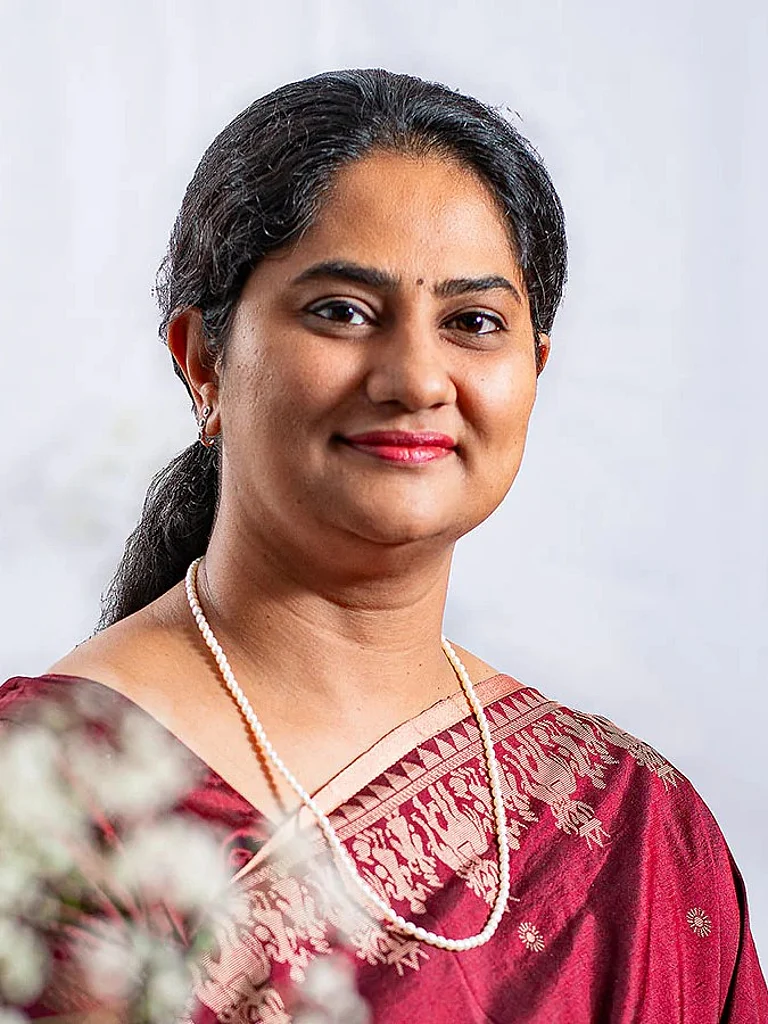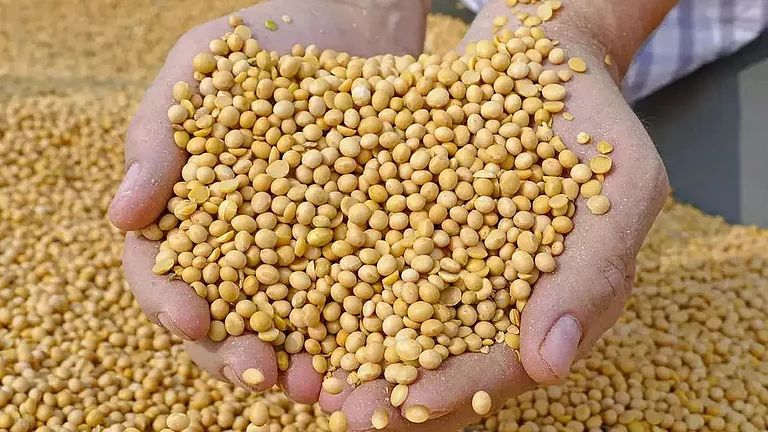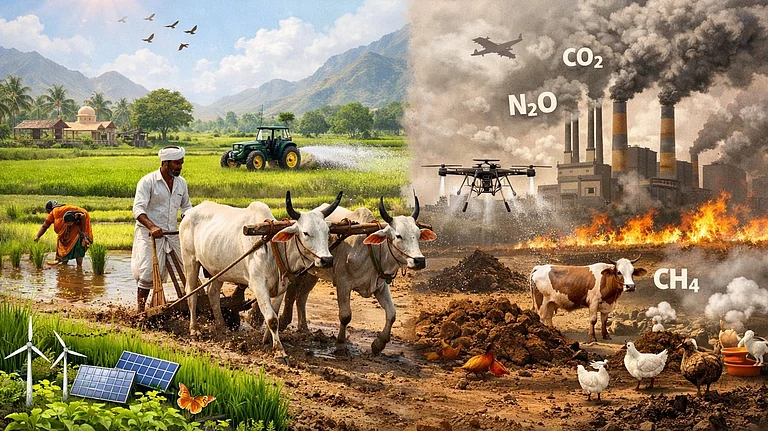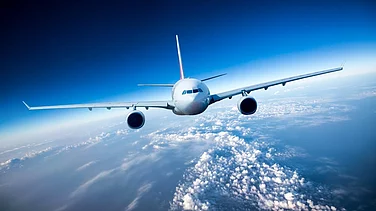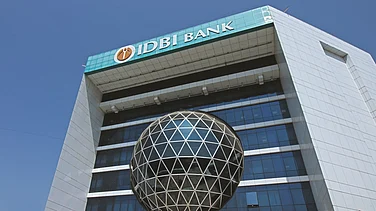
JICA signed a loan agreement of up to USD 75 million with ECOM Agroindustrial Corp Ltd and its Asia arm.
Loan is co-financed by ADB and is JICA’s first exclusive working capital loan.
Financing will support coffee supply chains across India, Indonesia, Papua New Guinea, and Vietnam.
Over 60,000 smallholder farmers will benefit through stable procurement, certification support, and climate adaptation projects.
The Japan International Cooperation Agency (JICA) has signed a loan agreement for up to USD 75 million with ECOM Agroindustrial Corp Ltd and its group company ECOM Agroindustrial Asia Pte Ltd to support coffee supply chains across Asia, JICA said on Wednesday.
The loan, co-financed by the Asian Development Bank (ADB), marks JICA's first exclusive working capital loan and aims to strengthen cooperation with global agricultural trading companies to support Asia's agricultural and food supply chains.
The financing will support stable procurement of coffee from over 60,000 smallholder farmers in India, Indonesia, Papua New Guinea and Vietnam, JICA said in a statement.
The project includes purchase funds and consulting services such as coffee certification support, climate change adaptation pilot projects and farming support for female farmers.
India's coffee industry accounted for 3% of global production in 2022, ranking eighth worldwide, and provides direct employment to over two million people. About 98% of coffee farmers in India are small-scale producers relying on limited land for cultivation and unstable coffee income.
The loan aligns with India's "Doubling Farmers' Income" mission and complements the G7's commitment to support the global coffee value chain, as outlined in the Apulia G7 Leaders' Communiqué in June 2024.
"We are honoured to launch JICA's first exclusive working capital loan with the ECOM Group," Takehiro Yasui, director general of JICA's Private Sector Partnership and Finance Department, said.
"We hope to expand our financing scheme to support supply chain business like this one from now on." The project is part of JICA's "Facility for Supporting Agricultural Supply Chain and Food Security Enhancement (SAFE)" programme, announced at the G7 Hiroshima Summit in 2023, which has USD 1 billion in funding to address global food security challenges.











